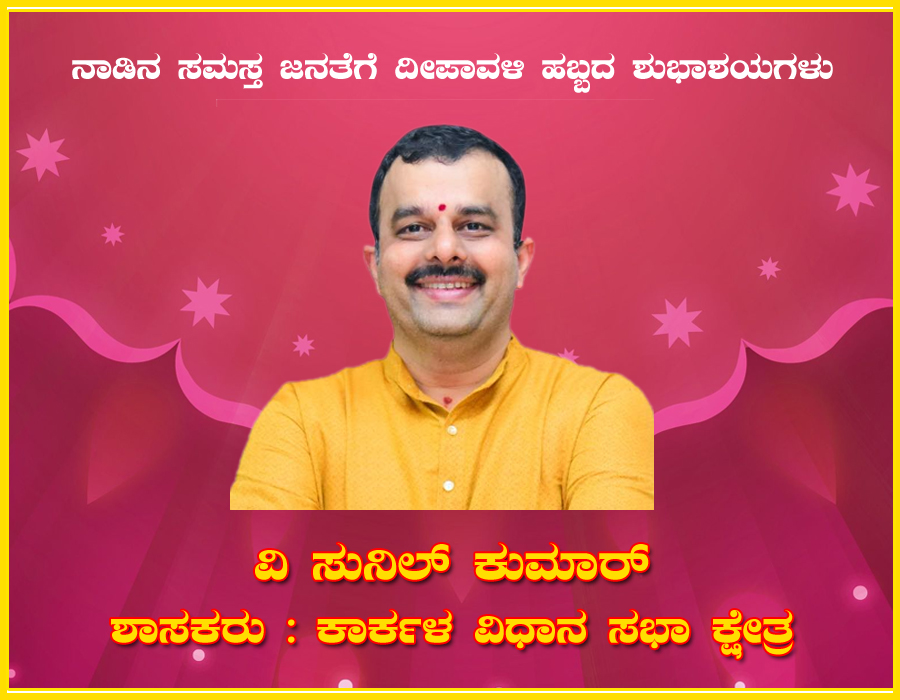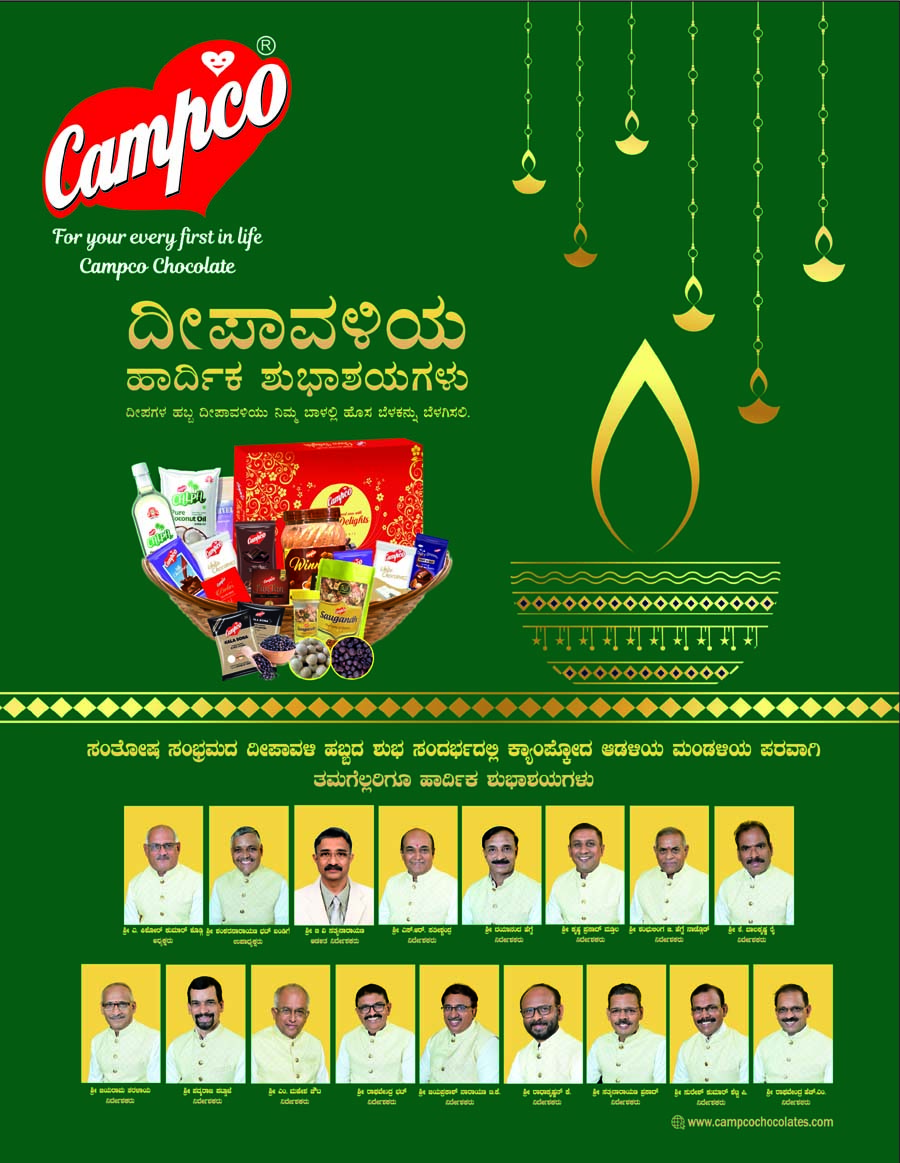Mangalore city
12:23 PM, Sunday, August 7th, 2011 Mangalore : Mangalore is the chief port city of the Indian state of Karnataka. It is located about 350 kilometres (220 mi) west of the state capital, Bangalore. Mangalore was named after the local Hindu deity Mangaladevi, the presiding deity of the Mangaladevi temple. The city’s landscape is characterized by rolling hills, coconut palms, freshwater streams, and hard red-clay tiled-roof buildings. In an exercise carried out by the Urban Development Ministry under the national urban sanitation policy, Mangalore was placed as the 8th cleanest city in the country. In Karnataka, it is second after Mysore.
Mangalore : Mangalore is the chief port city of the Indian state of Karnataka. It is located about 350 kilometres (220 mi) west of the state capital, Bangalore. Mangalore was named after the local Hindu deity Mangaladevi, the presiding deity of the Mangaladevi temple. The city’s landscape is characterized by rolling hills, coconut palms, freshwater streams, and hard red-clay tiled-roof buildings. In an exercise carried out by the Urban Development Ministry under the national urban sanitation policy, Mangalore was placed as the 8th cleanest city in the country. In Karnataka, it is second after Mysore.
Mangalore lies on the backwaters of the Netravati and Gurupura rivers. These rivers effectively encircle the city, with the Gurupura flowing around the north and the Netravti flowing around the south of the city. The coastline of the city is dotted with several beaches, such as Mukka, Panambur, Tannirbavi, Suratkal, and Someshwara. Coconut trees, palm trees, and Ashoka trees comprise the primary vegetation of the city.
Mangalore’s economy is dominated by the agricultural processing and port-related activities. The New Mangalore Port is India’s ninth largest port, in terms of cargo handling. It handles 75% of India’s coffee exports and the bulk of its cashew nuts. The city’s major enterprises include Mangalore Chemicals and Fertilizers Ltd. (MCF), Kudremukh Iron Ore Company Ltd. (KIOCL),Mangalore Refinery and Petrochemicals Ltd. (MRPL), BASF, and Total Oil India Limited (ELF Gas).
The leaf spring industry has an important presence in Mangalore, with Canara Workshops Ltd. and Lamina Suspension Products Ltd. in the city. The Baikampady and Yeyyadi Industrial areas harbour several small-scale industries. Imports through Mangalore harbour include crude oil, edible oil, LPG, and timber. The city along with Tuticorin is also one of two points for import of wood to South India.
 [The Infosys campus in Mangalore]
[The Infosys campus in Mangalore]
Major information technology (IT) and outsourcing companies like Infosys, Wipro, and MphasiS BPO have established a presence in Mangalore. Plans to create three dedicated I.T. parks are underway, with two parks (Export Promotion Industrial park (EPIP) at Ganjimutt and Special Economic Zone (SEZ) near Mangalore University) currently under construction. A third IT SEZ is being proposed at Ganjimutt. Another IT SEZ, sponsored by the BA group, is under construction at Thumbe and spans 2 million square feet (180,000 m²). The Oil and Natural Gas Corporation (ONGC) plans to invest over 35,000 crore in a new 15 million tonne refinery, petrochemical plant and power, as well as LNG plants at the Mangalore Special Economic Zone.
 [The Mangalore Chemicals & Fertilizers Limited is a major industry in Mangalore that was commissioned in 1976.]
[The Mangalore Chemicals & Fertilizers Limited is a major industry in Mangalore that was commissioned in 1976.]
Corporation Bank, Canara Bank and Vijaya Bank were the three nationalised banks established in Mangalore during the first half of the 20th century. Karnataka Bank, founded in Mangalore, was one of the largest banks to have not been taken over by the Government. The Mangalore Catholic Co-operative Bank (MCC Bank) Ltd. and SCDCC Bank were the scheduled banks established in Mangalore.
Mangalore has a population of 398,745 per the 2001 census of India. The urban area has a population of 538,560, while the metropolitan area has a population of 419,306 (2001). According to World Gazetteer, Mangalore’s estimated population in 2008 was 431,976, making it the 101st most populous city in India.
The four main languages in Mangalore are Tulu, Konkani, Kannada, and Beary with Tulu language being the mother tongue of the plurality. Malayalam, Hindi, Urdu and English are also spoken in the city. A resident of Mangalore is known as a Mangalorean in English, Kudladaru in Tulu,Kodialghar in Catholic Konkani, Kodialchi or Manglurchi in Goud Saraswat Brahmin Konkani, Manglurnavaru in Kannada, and Maikaaltanga in Beary bashe. Hinduism is the largest religion in Mangalore, with Mogaveeras, Billavas, Ganigas and Bunts forming the largest groups. Kota Brahmins, Shivalli Brahmins, Havyaka Brahmins, Goud Saraswat Brahmins (GSBs) and others form the remaining sections of Hindus. Christians form a sizable section of Mangalorean society, with Konkani-speaking Catholics, popularly known as Mangalorean Catholics, accounting for the largest Christian community. Protestants in Mangalore known as Mangalorean Protestants typically speak Kannada. Most Muslims in Mangalore are Bearys, who speak a dialect called Beary bashe. There is also a sizeable group of landowners following Jainism.
Many classical dance forms and folk art are practised in the city. The Yakshagana, a night-long dance and drama performance, is held in Mangalore, while Pilivesha (literally, tiger dance), a folk dance unique to the city, is performed during Dasara and Krishna Janmashtami. Karadi Vesha (bear dance) is another well known dance performed during Dasara.
Most of the popular Indian festivals are celebrated in the city, the most important being Dasara,Diwali, Christmas, Easter, Eid, and Ganesh Chaturthi. Kodial Theru, also known as Mangaluru Rathotsava (Mangalore Car Festival) is a festival unique to the Goud Saraswat Brahmincommunity, and is celebrated at the Sri Venkatramana Temple. The Catholic community’s unique festivals include Monti Fest (Mother Mary’s feast), which celebrates the Nativity feast and the blessing of new harvests. Aati, a festival worshiping Kalanja, a patron spirit of the city, occurs during the Aashaadha month of Hindu calendar. Festivals such as Karavali Utsav and Kudlostava are highlighted by national and state-level performances in dance, drama and music. Bhuta Kola (spirit worship), is usually performed by the Tuluva community at night. Nagaradhane (snake worship) is performed in the city in praise of Naga Devatha (the serpent king), who is said to be the protector of all snakes.
Mangalorean Fish Curry is a popular dish in Kanara. The Tulu community’s well-known dishes include Kori Rotti (dry rice flakes dipped in gravy), Bangude Pulimunchi (silver-grey mackerels), Beeja-Manoli Upkari, Neer dosa (lacy rice-crêpes), Boothai Gasi, Kadubu, and Patrode. The Konkani community’s specialities includeDaali thoy, beebe-upkari (cashew based), val val, avnas ambe sasam, Kadgi chakko, paagila podi, and chana gashi. Vegetarian cuisine in Mangalore, also known as Udupi cuisine, is known and liked throughout the state and region.
Simillar Posts
Warning: count(): Parameter must be an array or an object that implements Countable in /home/megamcaq/public_html/wp-content/plugins/post-plugin-library/common_functions.php on line 357
- None Found
Leave a Reply
© Copyright 2008 www.megamedianews.com All Rights Reserved. Privacy Policy









 Posted in
Posted in  Tags:
Tags: 






